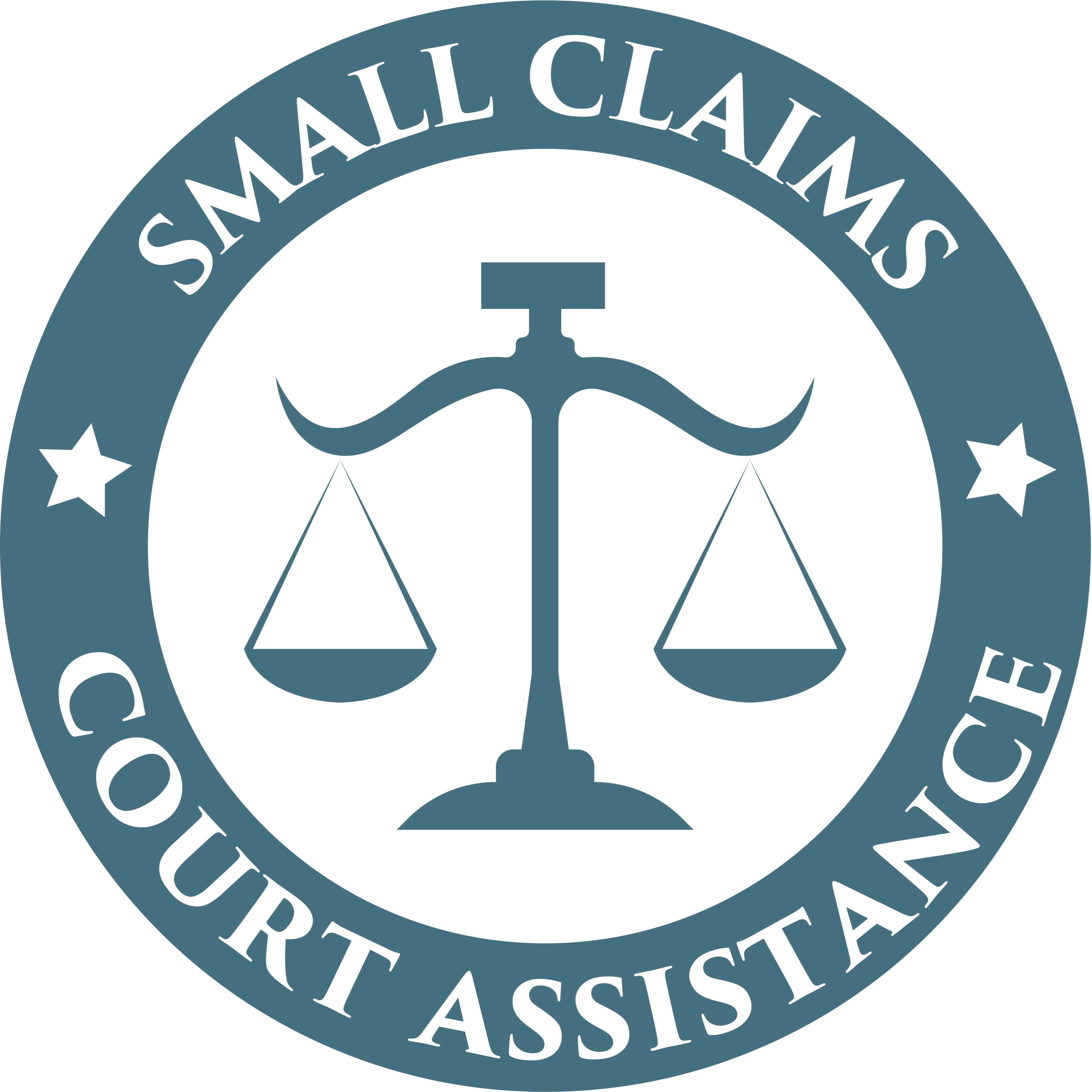Small Claims Court offers an accessible legal pathway for individuals and small businesses to resolve disputes without the cumbersome and expensive procedures of a traditional court. While the process is less formal, preparation is key to ensure a favorable outcome. In this in-depth guide, we’ll discuss essential tips and strategies on how to effectively prepare your case for Small Claims Court. Towards the end, we’ll also introduce a potentially more efficient alternative to this path: the third-party debt recovery services offered by DCI aka Debt Collectors International.
Know the Basics
Before diving into the complexities, make sure you understand the rules and limitations of Small Claims Court in your jurisdiction. This involves understanding the monetary limit for claims, the types of cases that can be presented, and the filing fees involved.
Research and Gather Evidence
A successful small claims case hinges on substantial evidence. This can range from written contracts and email exchanges to photographs, video footage, and credible witnesses. Ensure that you have enough evidence to substantiate every element of your claim.
Organize Your Presentation
Preparing a well-organized and logical presentation can significantly impact the judge’s perception of your case. Create an outline of the points you want to make, supported by the evidence you have gathered. Practice your presentation to ensure it is concise, focused, and easy to understand.
Consult Precedents
While not mandatory, understanding previous rulings on similar cases can give you an edge. This will help you anticipate potential challenges and questions that may arise during your trial.
Rehearse with a Friend
Trial runs are not just for theater. Rehearsing your case with a friend or family member can help you identify gaps in your argument, which you can then address before the real presentation.
Know Your Opponent
Do some basic research about the party you are up against. Understanding their possible defense strategies can help you prepare counter-arguments and strengthen your case.
Be Ready for Settlement
Courts often encourage settlement before a case goes to trial. Be prepared for this possibility by understanding what you are willing to accept to resolve the issue outside of court.
Prepare for Multiple Outcomes
Not all decisions will be entirely in your favor. Prepare for multiple outcomes and understand your next steps for each scenario. This includes knowing how to file an appeal if you believe the judgment was unfair.
The Alternative: Third-Party Debt Recovery Services
Navigating Small Claims Court can be complicated, time-consuming, and, sometimes, frustrating. If your case is related to recovering debts or resolving financial disputes, consider the third-party debt recovery services of DCI aka Debt Collectors International. Here are some benefits:
- Quick Resolutions: DCI aims for fast debt recovery, making it easier for you to focus on your life or business.
- Cost-Effective: Save on legal fees and court costs by opting for their ‘No Recovery, No Fee’ model.
- Global Reach: If your debtor is overseas, DCI’s international network can be invaluable.
- Expertise: DCI’s professionals specialize in debt recovery, providing you with the best chance of success.
Conclusion
Small Claims Court is a practical avenue for resolving disputes, but it does require thorough preparation. Knowing your case inside and out, preparing your evidence, and understanding the courtroom dynamics are essential for success. However, if your claim revolves around debts, an alternative path might be more beneficial. DCI aka Debt Collectors International offers an efficient, risk-free option for debt recovery, circumventing the potential pitfalls of legal proceedings. For more details, visit www.debtcollectorsinternational.com or call 855-930-4343. Choose the most effective route to resolve your disputes and recover your debts. Why battle through Small Claims Court when an expert can handle it for you?

Comments are closed